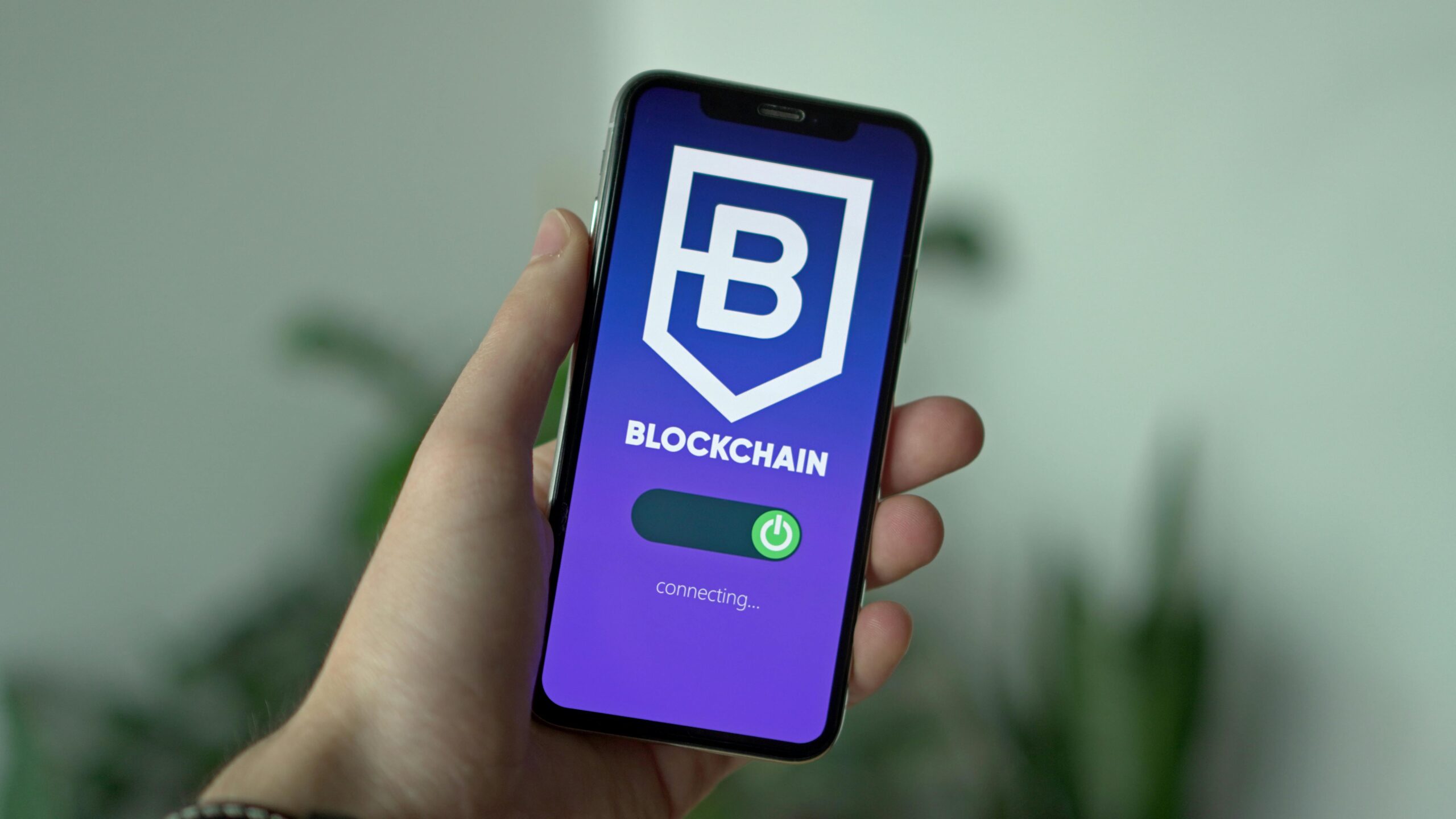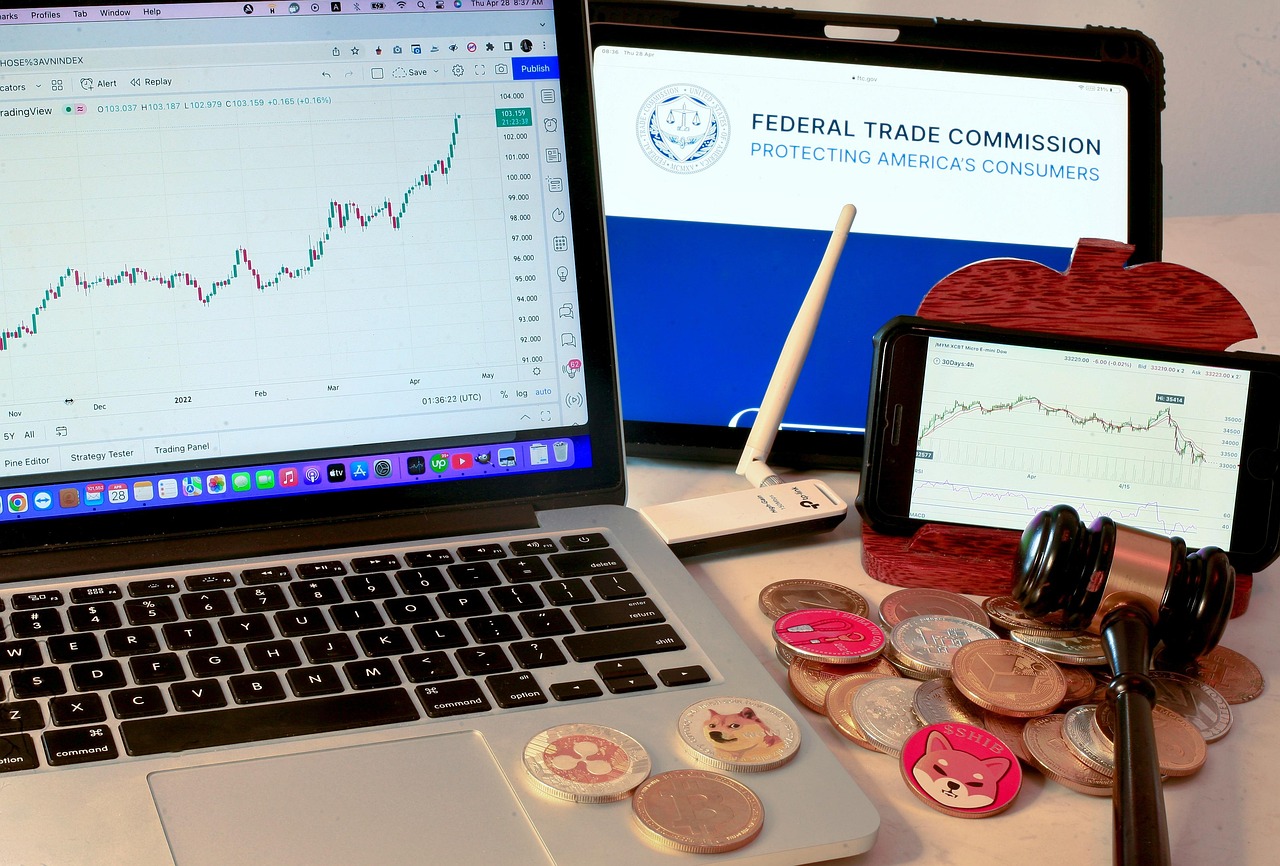Decentralized Finance (DeFi) has revolutionized the financial landscape by offering users greater control over their assets without relying on traditional intermediaries. However, with the rise of DeFi’s popularity, there has been a corresponding increase in scams targeting users’ crypto wallets. In 2024 alone, U.S. citizens reported losses exceeding $9.3 billion due to crypto-related fraud. This guide aims to shed light on common DeFi wallet scams and provide actionable steps to safeguard your digital assets.
What Are DeFi Wallet Scams?
DeFi wallet scams are fraudulent activities designed to deceive users into compromising their private keys, seed phrases, or approving malicious transactions. These scams exploit the trust and autonomy inherent in decentralized platforms.
Common Types of DeFi Wallet Scams:
- Phishing Attacks: Scammers impersonate legitimate platforms to steal login credentials.
- Fake Applications: Fraudulent apps mimic popular DeFi wallets to trick users.
- Rug Pulls: Developers abandon a project after attracting investments, leaving users with worthless tokens.
- Social Engineering: Scammers manipulate individuals into revealing sensitive information through trust-building tactics.
Real-World Example: In 2024, Decentraland’s official social media accounts were hijacked to promote a fake MANA token airdrop, leading to compromised wallets.
How DeFi Wallet Scams Work
Scammers employ various methods to deceive users:
- Fake Wallet Interfaces: Users are directed to counterfeit websites resembling legitimate DeFi platforms.
- Malicious Smart Contracts: Interacting with these contracts can result in unauthorized fund transfers.
- Impersonation via Social Media: Fraudulent accounts pose as support teams to gain access to users’ wallets.
Case Study: A user was lured into a fake liquidity mining platform, shown fabricated rewards, and eventually asked to pay taxes before withdrawing funds.
Best Practices to Protect Your Crypto
Implement these strategies to enhance your security:
- Use Reputable Wallets: Opt for wallets with positive reviews and robust security features.
- Enable Two-Factor Authentication (2FA): Adds an extra layer of protection to your accounts.
- Keep Private Keys Offline: Store them in hardware wallets or secure offline locations.
- Regularly Update Wallets and Apps: Ensure you’re protected against known vulnerabilities.
- Verify Smart Contracts: Before interacting, audit contracts using tools like Etherscan.
What to Do If You Encounter a Scam
It’s important to move quickly and carefully if you come across a scam in the cryptocurrency space. First, stop doing business and talking to the suspicious person to avoid more damage. Write down everything that is important, like emails, texts, and transaction details, so that the police can look into the case. It is important to report the scam to the exchange or site in question as well as any relevant regulatory bodies or consumer protection agencies. To help stop similar things from happening, you can also warn others by talking about your experience in online groups that you trust. Lastly, look over your security habits and make them stronger. For example, use secure wallets, turn on two-factor authentication, and be careful with links or deals you don’t know much about.
How to Spot a DeFi Wallet Scam in Action
To spot a DeFi wallet scam, you need to be alert and pay attention to the warning signs. Strange behavior could include being asked to share your private keys or seed phrases without warning, being asked to make strange transactions, or having your token amounts change quickly and without any reason. Always check the sources of URLs and wallet apps because fake websites, phishing links, and unofficial wallet apps often look like real ones. Too much aggressive marketing, claims of guaranteed returns, or messages from people who say they are part of the community or support staff that you didn’t ask for are also red flags. Scammers can’t get to your money if you stay alert, check information twice, and only use trusted apps and official platforms.
Red Flags to Watch Out For
To stay safe in the world of cryptocurrencies and avoid scams and loses, it’s important to be able to spot warning signs. Promises of guaranteed high returns with little or no risk, deals you didn’t ask for via email or social media, and pressure to act quickly are all red flags. Be wary of platforms that don’t follow the rules, have weak website security, or give you unclear or unverifiable information about their teams. Other red flags are investment plans that are too hard to understand or too complicated, requests for private keys or private personal information, and fake reviews or testimonials. Being careful and doing a lot of study can help you keep your assets safe and make crypto experiences safer.
How to Protect Your Wallet from Scams
To keep your cryptocurrency wallet safe from scams, you need to be careful and follow security rules. Always use wallets from companies you know and trust, and turn on two-factor authentication whenever you can. Don’t give anyone your secret keys or seed phrases, and be wary of messages or links that you didn’t ask for. Update the software in your wallet often to fix security holes, and for extra protection, think about using a hardware wallet. Also, carefully check all transactions, stay away from high-pressure investment schemes, and learn about common scams in the crypto world. If you take these steps, you can greatly lower the chance of losing your money to scams.
Tools and Resources for Safe DeFi Usage
Utilize these resources to bolster your security:
- Wallet Security Checkers: Tools that scan for vulnerabilities in your wallet.
- Scam Alert Platforms: Websites that track and report known scams.
- Educational Resources: Blogs and forums dedicated to DeFi safety.
Conclusion
While DeFi offers unprecedented financial opportunities, it also presents unique risks. By staying informed and adopting best practices, you can protect your assets from scams. Remember, vigilance is key in the decentralized world.
FAQs
How can I tell if a DeFi wallet is safe?
Ensure the wallet has positive reviews, is open-source, and has undergone security audits.
What should I do if I’ve already fallen for a scam?
Immediately disconnect your wallet, report the incident, and seek advice from the community.
Are all DeFi platforms risky?
Not all, but always conduct thorough research before engaging with any platform.
Are all DeFi platforms risky?
Not all platforms are risky, but some may have vulnerabilities. Always research the team, check audits, and verify smart contracts before interacting.
How can I protect my crypto from scams?
Use reputable wallets, enable 2FA, store private keys offline, verify smart contracts, update apps regularly, and watch for suspicious links or unrealistic offers.
Where can I find resources for safe DeFi usage?
Use wallet security checkers, scam alert platforms, educational blogs, and community forums dedicated to DeFi safety.
Disclaimer
The information provided in this article is for educational purposes only and does not constitute financial advice. Always conduct your own research and consult with a financial professional before making investment decisions.



